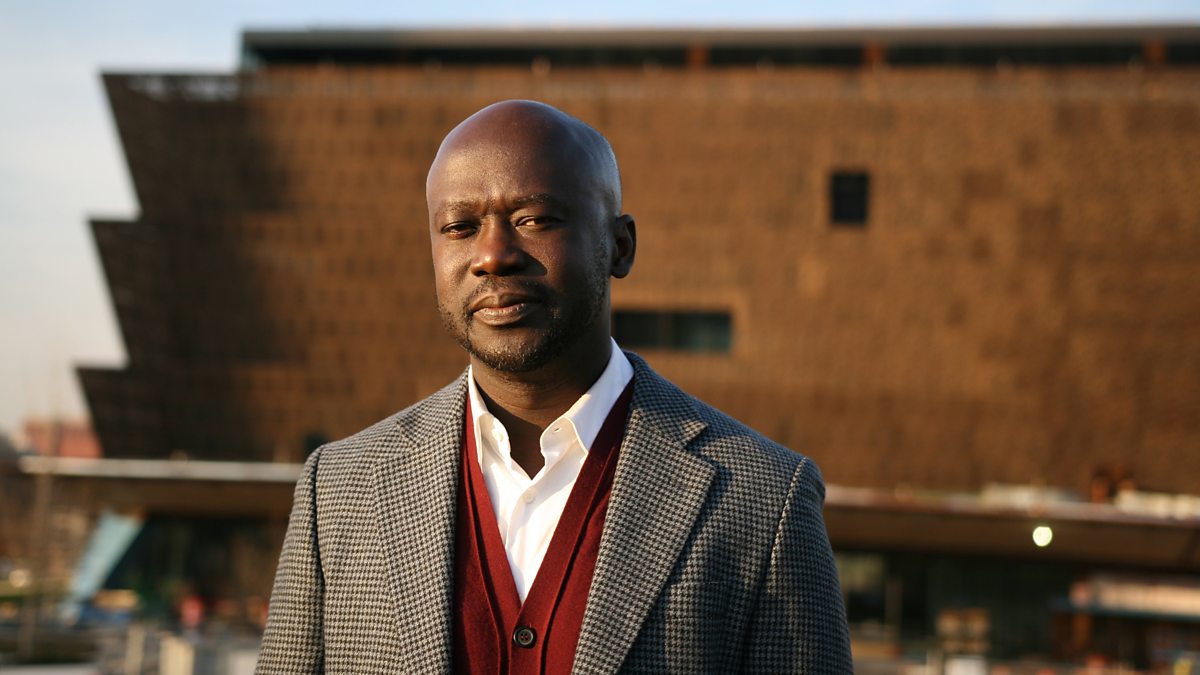British-Ghanaian architect David Adjaye this week became the first black recipient of the highest honour bestowed upon someone in his profession in the UK – the Gold Medal from the Royal Institute of British Architects.
His work includes the Museum of African American History in the US, a high-end retail space in Nigeria and a memorial in South Africa.
He is currently involved in several projects in Ghana, which is where his parents are from – including the design of a national cathedral.
David Adjaye’s style in designing buildings always seeks to be sensitive to the culture of different peoples and is community-driven.
He describes his buildings as statements of other features of a story, statements about people not being on the margins, statements about equal centers. “I see my buildings as images of beauty about the stories that are equally relevant to the world.”
Born to a diplomat father in Dar es Salaam in Tanzania in 1966, Sir David always travelled with his family all over the world and found stability in movement. One formative moment in his life was when his brother Emmanuel became paralyzed. David Adjaye realized the inequalities that his brother faced when visiting a specialised school.
Noticing how inefficient, degrading the facility was, David set out to design a facility that would provide better care of the handicapped while he was at university, South Bank University. He became a defining moment in what shaped his style of approaching an architecture project.
He says he came to an understanding that architecture should serve people and as a prevalent force within all our lives it too should take to the realm of egalitarianism.
He hopes that winning this award breaks a glass ceiling for future black architects in the country and in the diaspora.
“I accepted it because I realize that this was the tip of the spear hopefully breaking the glass ceiling and that was very important for not just me but all the black set designers around the world who have been excluded from awards globally for so long.
“I mean it’s for me it’s a little bit embarrassing there is not a person of African descent will I say, you know African descent or the diaspora that has won a major design award.”
“So, it was a moment to just shatter that ceiling, I feel like this is in a way a great moment for the RIBA to really rethink its own processes.”
He believes now that it is no longer an issue to think that the world won’t give a black person the highest honour for their profession.
“This definitely breaks a glass ceiling and shows you know I am my own person, I made my career on my own, my own money has kind of built up my own business and not funded by any phony companies or anything, my family are my rock, they are the ones who supported me. To be Simple the glass ceiling has been broken.”
“I think that it means that those who are striving to work hard need to just believe in their work and in what they are doing and hope that this is really a reckoning that really resonates and allows many more black designers to be celebrated.”














